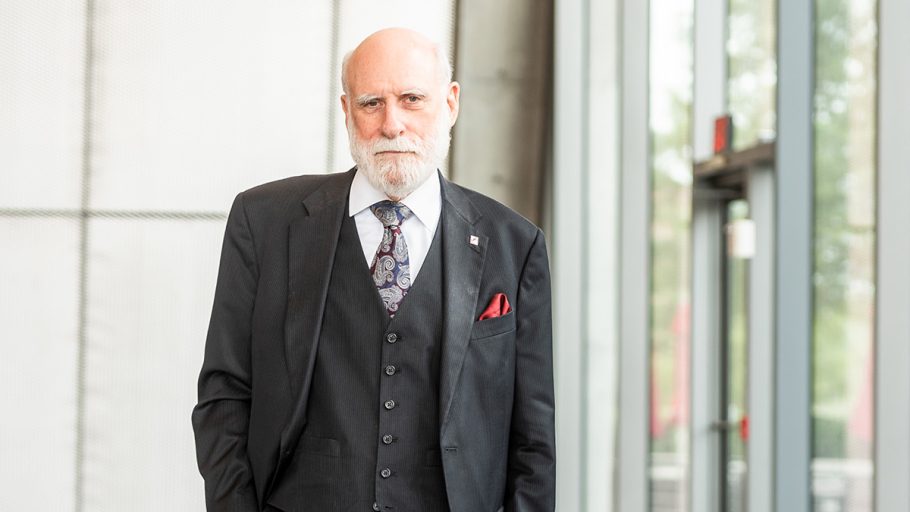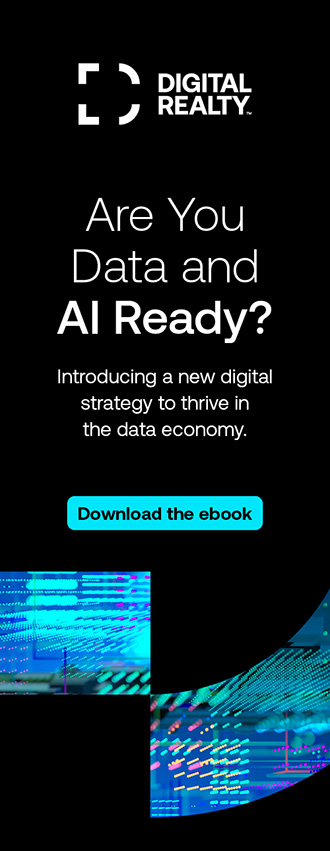The UN has posited seventeen global sustainable development goals (SDGs) covering a wide range of aspirations for humanity. These developments are placed in a context of benefit for all life on planet Earth.
That these goals are ambitious is incontrovertible. Some are aimed at the hardest problems we face, not least of which is the warming climate that induces serious consequences for habitability in every dimension—political, social, economic, and environmental. Many readers may be familiar with the concept of GAIA formulated by James Lovelock in the 1970s. The basic idea is that the living and inorganic ecosystems of the Earth form a synergistic ensemble that is effectively self-regulating. It remains to be seen whether this hypothesis is reliable, but it seems to me that our aspirations should be to achieve such a condition even if we must use artificial means to do so.
Achieving these goals will rely in a fundamental way on our understanding of how the complex ecosystems of our planet work and how our choices and actions influence their behavior. In short, we need to know more than we do now to reach conclusions about steps needed. Some things we do know. For instance, we know that our heavy use of fossil fuels is contributing to climate change. However, we need to know more about how these systems interact with each other—such as atmospheric and ocean temperature, ocean currents, patterns that affect agriculture, and extreme weather. We need more information, scientific data, and models to make predictions and to assess alternative courses of action.

Today’s major resource for information is the Internet and the World Wide Web that it supports. Through this medium, we discover and share our knowledge, synthesize new hypotheses, and evaluate new ideas to achieve a sustainable ecosystem. A major focus for InterGloblix Magazine over the past several years has been on the sustainable infrastructure needed everywhere on the globe to provide reliable and useful access to information. Increasingly, we are seeing that our ability to process information is one key to its constructive use. We look to computing resources to ingest, process, and synthesize plans to achieve our sustainability goals. We hope that these resources will ultimately augment our human capacities to understand how our world works and to use that knowledge to fashion solutions to the challenges we face.
We are learning that resilience and redundancy play an integral part in the solution to the sustainability challenges that lie ahead. Just as the interconnected networks of the Internet effectively support each other to form a global and connected whole, we need to find ways of making our response to the SDG challenges mutually reinforcing. These are not independent activities. Every effort aimed at the SDGs has some impact on or implication for the other solutions we pursue. By default, we must understand how the various choices we can make affect each other as we try to find the best paths forward on all fronts.
Modeling of complex processes requires a considerable degree of creative computing and deep understanding of behavior under many conditions. Reliable prediction will be needed, especially as we try to project decades if not centuries ahead to evaluate the consequences of our choices. To make matters more challenging, many of the processes we are trying to understand are non-linear in nature, and some may well be chaotic. The kinds of computational resources that humanity has developed over the past 60 or so years are only a beginning. New computing technologies, including quantum methods, may well be essential to finding optimal or near optimal solutions. Networking and network interconnection have a role to play in this, as InterGlobix has highlighted in its publications.

Sustainable solutions to the world’s challenges will come more from cooperation than competition. We are looking for positive sum processes in which all parties gain and no one loses. In the face of much provocation, I remain optimistic that we can make the necessary progress.
ABOUT THE AUTHOR
Dr. Vinton G. Cerf is Vice President and Chief Internet Evangelist for Google. Widely known as one of the “Fathers of the Internet,” Cerf is the co-designer of the TCP/IP protocols and the architecture of the Internet. For his pioneering work in this field as well as for his inspired leadership, Cerf received the A.M. Turning Award, the highest honor in computer science, in 2004.
At Google, Cerf is responsible for identifying new enabling technologies to support the development of advanced, Internet-based products and services. Cerf is also Chairman of the Internet Ecosystem Innovation Committee (IEIC), which is an independent committee that promotes Internet diversity forming global Internet nexus points, and one of global industry leaders honored in the inaugural InterGlobix Magazine Titans List.
Cerf is former Senior Vice President of Technology Strategy for MCI Communications Corporation, where he was responsible for guiding corporate strategy development from the technical perspective. Previously, Cerf served as MCI’s Senior Vice President of Architecture and Technology, where he led a team of architects and engineers to design advanced networking frameworks, including Internet-based solutions for delivering a combination of data, information, voice, and video services for business and consumer use. He also previously served as Chairman of the Internet Corporation for Assigned Names and Numbers (ICANN), the group that oversees the Internet’s growth and expansion, and Founding President of the Internet Society.


